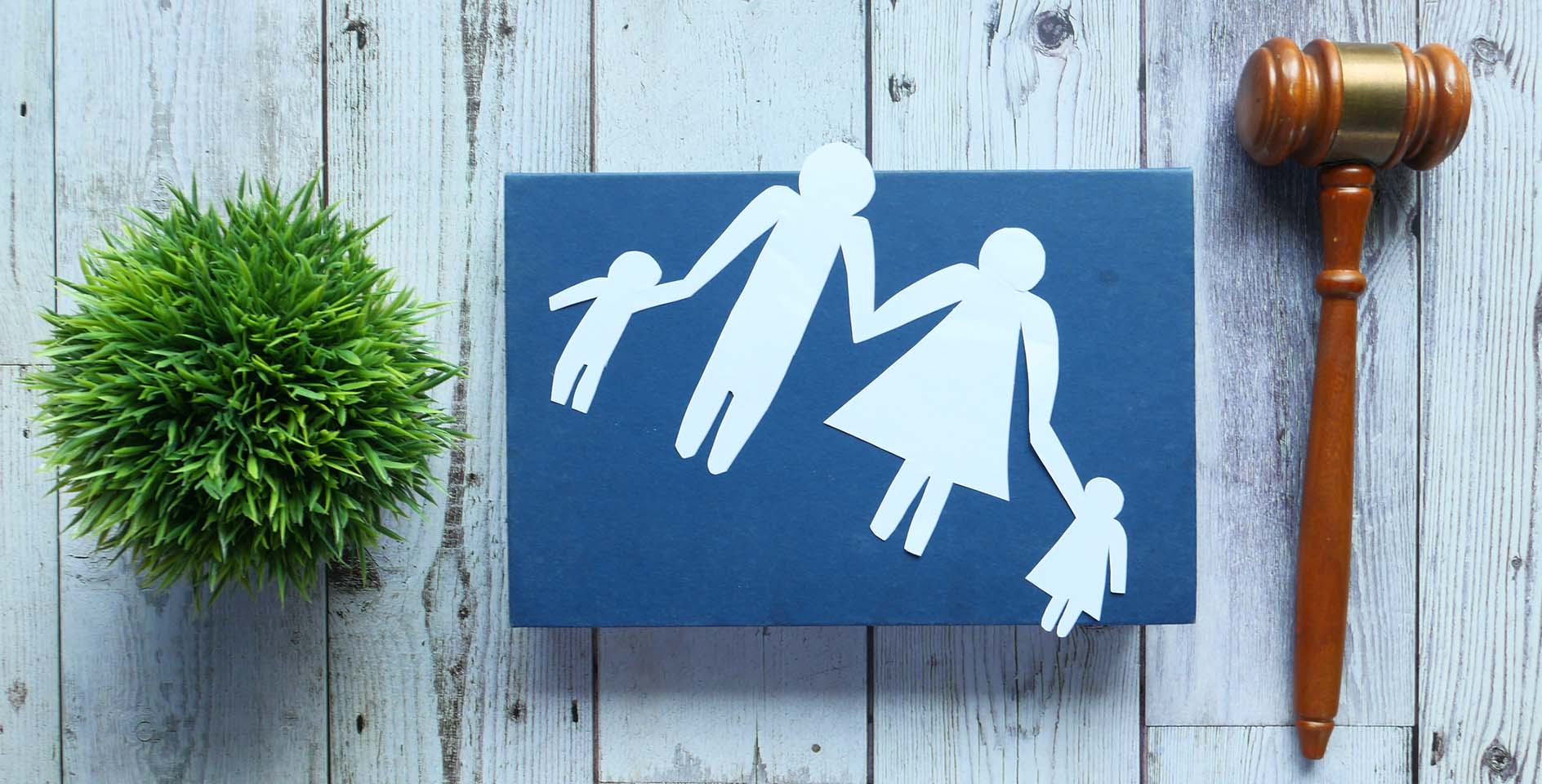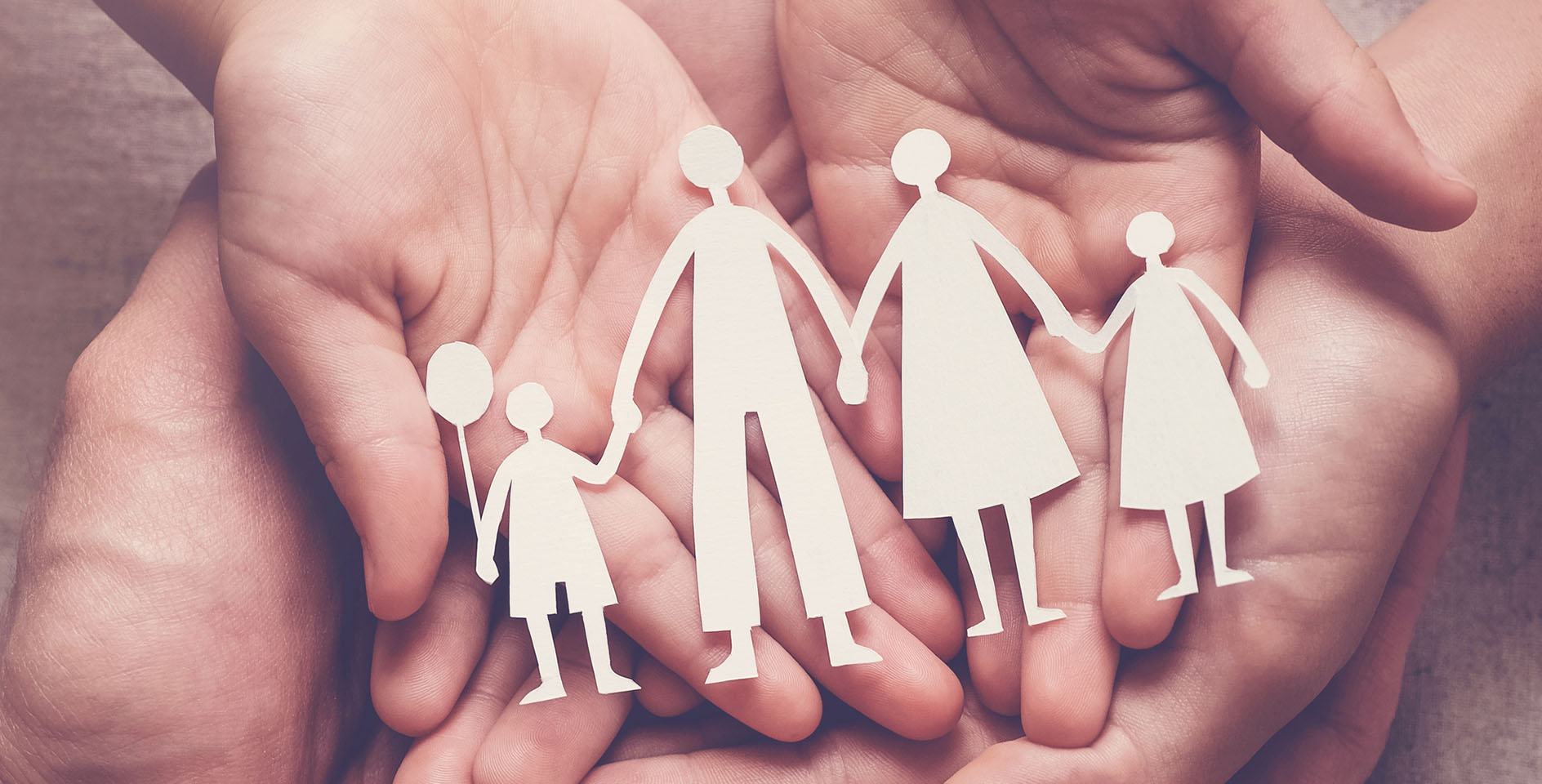“Daddy!” Our daughter was crying out my name for the first time. She was 4 years old, and we were staying in Addis Ababa, Ethopia, for medical checks and visas so we could fly our three newest kids home. She didn’t know much English yet, but she knew what to call me. And she knew when to call me.
Her new brother, who was 3, had just taken a toy car from her. She’d tried to get it back, but having no real power, she eventually cried out to the only person in the room who could right the wrong and bring order to chaos. I walked over, figured out what had happened, and returned the car to her. In that micro-world of toy-taking injustice, order was restored.
But what if I hadn’t been there?
On your own
For the first four years of her life, I wasn’t. Orphanage workers had done their heroic best, but children aren’t designed for systems and institutions, no matter how merciful their mission or excellent their care. Children are made for families.
I remember touring her large orphanage in the one opportunity we had to see it. At one point, we came across a roving pack of kids, and there was a commotion. Some of the kids had taken a boy’s sandal, and he was yelling for it. A passing worker shouted something, and they tossed the boy’s sandal to the side and ran off, snickering.
A toy car. A stolen sandal. These are tiny wrongs in the annals of human grievance. But pile them up—and they do pile up—and they scar the spirits of those too young to understand but not too young to feel that their world is not the way it’s supposed to be. This constant vulnerability, with its unrighted wrongs and untreated wounds, sends a dark message to far too many children: you’re on your own in the world.
The Lord comes
Psalm 98 sends an opposite message. In Psalm 98, seas roar, rivers clap, and hills break out singing. Why the celebration? Because “the Lord comes to judge the earth” (Ps. 98:7–9). This cosmic judicial action doesn’t just mean consequences for wrongdoing but the renewal of creation—the way things ought to be. The created world is longing to be “set free from its bondage to corruption” (Rom. 8:20–21). So when God finally arrives to set the world right, a celebration erupts.
But God doesn’t just wait until the end of time to start healing wounds, righting wrongs, and restoring order.
In these days between the first and second comings of Christ, God’s kingdom comes to earth in the form of his redeemed church, the new covenant family that calls Jesus “Lord.” As our Lord welcomed little children, we welcome them ourselves (Mark 10:13–16). The healthy church is an embassy of orphan-loving ambassadors, birthed out of the heart of an infinite Father.
Holy and here to help
Many Christians are familiar with James’ challenge to care for the vulnerable: “Religion that is pure and undefiled before God the Father is this: to visit orphans and widows in their affliction, and to keep oneself unstained from the world” (James 1:27). But why does James draw a connection between helping the vulnerable (“visit orphans and widows”) and personal holiness (“unstained from the world”)?
James is remixing lines from a hymn written by King David 1,000 years earlier: “Father of the fatherless and protector of widows is God in his holy habitation. God settles the solitary in a home” (Ps. 68:5–6).
The world system, corrupt and polluted, worships power and position and prestige. In this value system, the weak and vulnerable mean little. But God sees the weakest in his world with the love of a creator, the heart of a father, and the moral commitment of a holy judge.
God, in his holiness, protects the vulnerable, so God’s family—by nature—does the same. Over and over, we’re told that we share his moral DNA. “You shall be holy, for I am holy” (1 Pet. 1:16). “Put on the new self, created after the likeness of God” (Eph. 4:24). “Be imitators of God, as beloved children” (Eph. 5:1–2). “Be merciful, even as your Father is merciful” (Luke 6:46). “Wash yourselves; make yourselves clean . . . bring justice to the fatherless” (Isa. 1:16–17).
A long road
But there is no triumphalism here, no hagiography about the holiness of orphan care. Adoption and fostering can be hard for all involved—traumatic transitions for the kids, confusion and stress for parents and siblings, a long road of hoped-for healing with no guaranteed results. There are gravities that are hard to rise above, and ceilings that are hard to break through.
Most families who step forward to help vulnerable children will walk some very dark valleys. Sometimes I cringe when I reread my sincere but naïve enthusiasm about orphan care from many years ago. Now, mid-marathon, we’re just limping forward as parents, doing our best to steer our kids straight into their fast-approaching adulthood.
Yet, our confidence in God’s calling to care for children in need has never wavered. Because I also know this: A stable family is its own therapy. Like a stream on a stone, families who choose this path shape and are shaped by the invaluable image-bearers God providentially brings us.
Abba, Father
Today, our four East African children are all teenagers. Their arguments aren’t about toys, and our conversations are mostly about school and decisions and truth and emotions and wisdom. My kids don’t cry out “Daddy!” anymore. But I do.
I cry out to my Father because I trust that the God who loved my kids before I ever knew them still loves them better than I ever will. I cry out to my Father because I’m asking him to save them, give them godly spouses, and make them wise. I cry out to my Father because we’re all broken, and I need the Lord to come each morning with new mercies for our family. I cry out to my Father because the day I became their dad, I became their advocate, protector, and lifelong intercessor. And I cry out to my Father because he has all the wisdom and strength I need for raising my adopted children—because he adopted me. And someday, when I grow up, I hope to be just like him.
For you did not receive the spirit of slavery to fall back into fear, but you have received the Spirit of adoption as sons, by whom we cry, “Abba! Father!” (Rom. 8:15).










